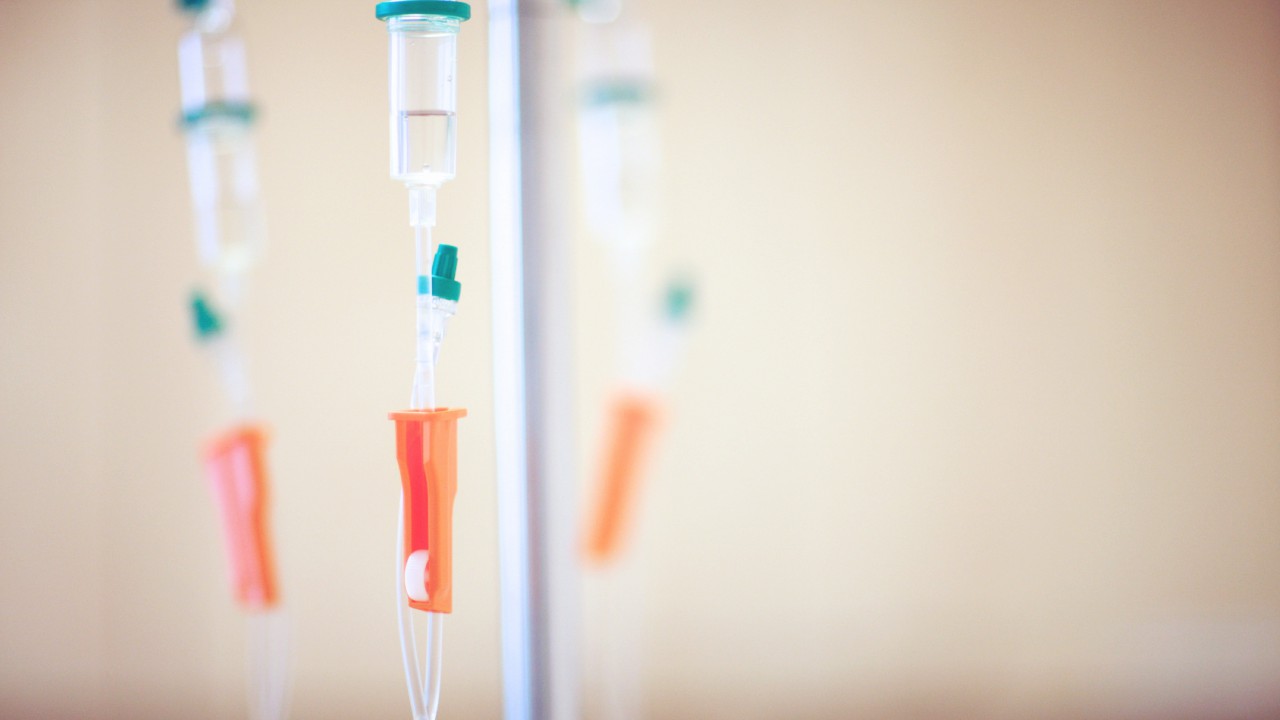 Anna Jurkovska/fotolia
Anna Jurkovska/fotolia
My friend Monica Angelucci trained me to become a yoga teacher. We sat in her studio in Prague in the Czech Republic, one December. It was as cold as you would imagine. Monica brought in a St. Nicholas, resplendent in a long coat with a stylized staff.
Traditionally, he would have been accompanied by a devil, to represent good and evil. (Don’t tell me that during the holidays you don’t have one relative who would more likely be accompanied by the pitchforked fellow.)
However, on this day, Monica just brought in the saint. She only invited in the light and the good.
That is the kind of person she is. So when she was confronted with a breast cancer diagnosis, it didn’t make any sense to me.
Wasn’t she supposed to be spared these things? Within a month of being diagnosed, she raved about the benefits of cancer, making me realize that she could bring her light to any situation.
If you have a friend who is going through chemotherapy, or if this is your journey, please know that you are not alone.
Find your people, your support and your love.
Bring those with you, and in Monica’s own words, bring these other eight things:
1) Your partner or a trusted friend
Preferably one of your quiet and less excitable friends. You may plan to chat — but you may find the drugs make you tired and you might end up sleeping through the whole thing.
Don't be afraid to tell them you want to sleep, and ensure that they bring something to entertain themselves with.
2) Snacks and drinks
You can eat while doing it. My chemo sessions were three hours long!
3) A book or Kindle
Writing or playing on your phone can feel physically or emotionally uncomfortable due to the needle.
4) A port
In my opinion, DO NOT begin chemo without having a port installed in your chest, depending on the type of chemo. Chemotherapy can be hard on the veins in your arm and can cause pain and tightness in the arm for months afterward while they heal.
Talk to your doctor about whether getting a port is best for you.
5) A way home
Plan to have somebody drive you home, or keep the number for a taxi.
6) Call the nurse
Get the nurse if you feel burning sensations at the site or any other abnormal sensations inside or outside the body. Regardless of where, you deserve to be heard and made to feel as comfortable as possible.
7) Bring a blanket and pillow
Take a blanket and extra pillow the first time you go. It's better to have less covers on if you run hot and a blanket if you run cold as it's difficult to manoeuver clothes on and off when you have a needle in your arm or chest. Sometimes these extras may not be available.
8) Honesty
Don't be afraid to tell your nurse and/or your partner that you're afraid — of course you are! Expressing it allows them to be more understanding and supportive.
See what I mean?
Reviewed December 2, 2016
by Michele Blacksberg RN
Edited by Jody Smith





Add a CommentComments
There are no comments yet. Be the first one and get the conversation started!